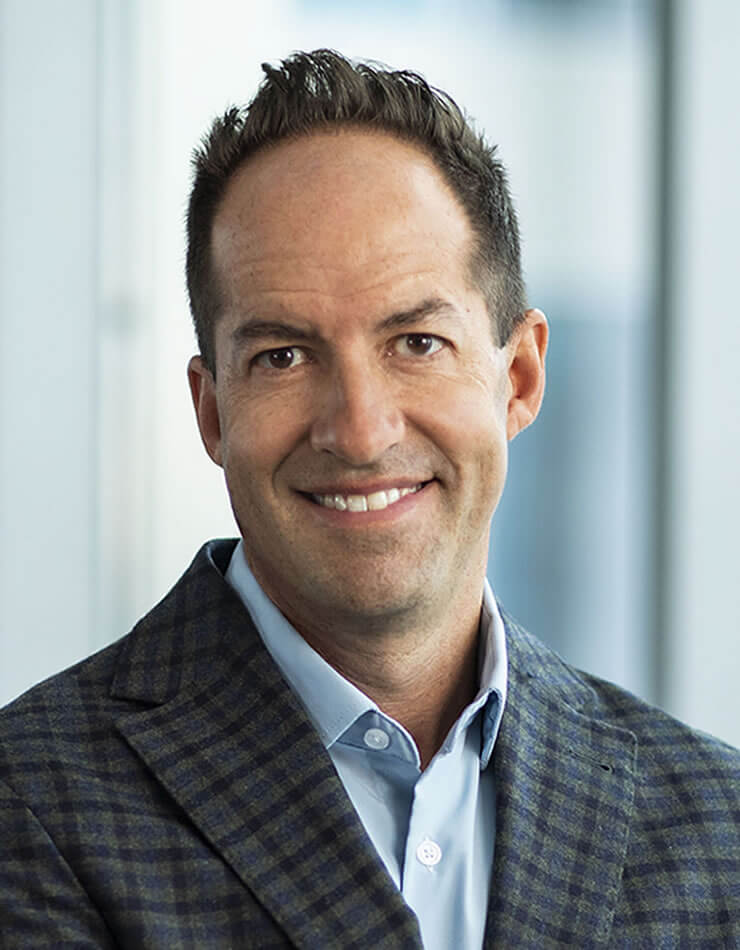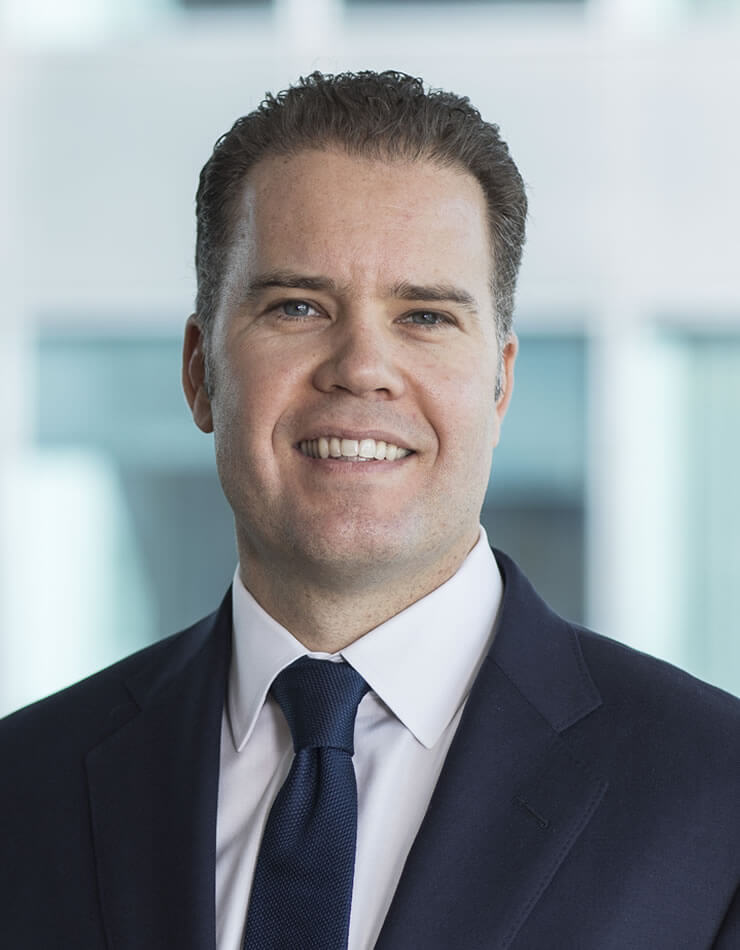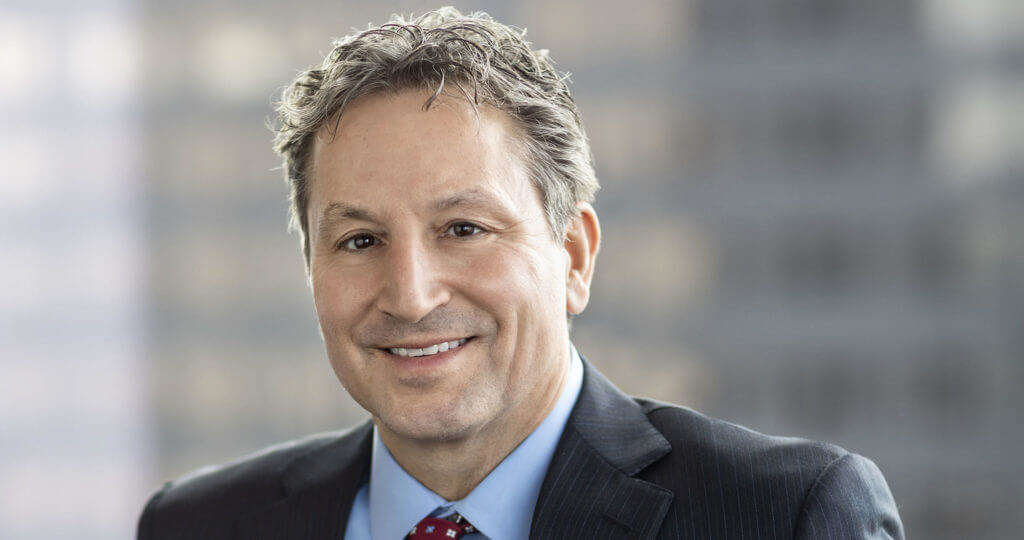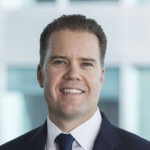Oakmark Global Fund – Investor Class
Average Annual Total Returns 09/30/19
Since Inception 08/04/99 9.51%
10-year 7.89%
5-year 4.44%
1-year -2.48%
3-month 0.36%
Gross Expense Ratio as of 09/30/18 was 1.21%
Net Expense Ratio as of 09/30/18 was 1.15%
Past performance is no guarantee of future results. The performance data quoted represents past performance. Current performance may be lower or higher than the performance data quoted. The investment return and principal value vary so that an investor’s shares when redeemed may be worth more or less than the original cost. To obtain the most recent month-end performance data, view it here.
Stakeholder Primacy
In August, the Business Roundtable, a group composed of chief executives of 181 of the U.S.’s largest corporations, released a statement that outlined a “modern standard for corporate responsibility.” All 181 CEOs signed the statement, vowing to “commit to lead their companies for the benefit of all stakeholders—customers, employees, suppliers, communities and shareholders.” Previous Roundtable statements “endorsed principles of shareholder primacy—that corporations exist principally to serve shareholders,” but shareholders were listed last in the updated list. Befitting our current political climate, this new statement was greeted with acclaim in some quarters, suspicion in others and skepticism elsewhere. Some saw this statement as long overdue.
The previous doctrine of shareholder primacy is often said to have begun with a 1970 New York Times magazine article by economist Milton Friedman, titled “The Social Responsibility of Business Is to Increase Its Profits.”1 In this article, Friedman distinguishes between corporations and actual persons, examines the issue of agency (the corporate executive being the agent of the actual owners), and excoriates executives whose speeches on social responsibility “strengthen the already too prevalent view that the pursuit of profits is wicked and immoral and must be curbed and controlled by external forces.” (Some things never change.) But note that Friedman also writes that it can be in a corporation’s long-term best interests to make community investments or to contribute charitably.
At Harris Associates, we understand well that our clients’ interests come first and that if clients are well-served, our business will likely prosper. We endeavor to make our workplace attractive for our employees and we support community projects and encourage volunteer efforts. The key is to manage the business for its long-term success — and this is also what we seek in evaluating managements of the companies we consider for investment.
After the Business Roundtable published its statement, Jonathan Ford of the Financial Times2argued that stakeholder/shareholder primacy is less important than the inefficiencies deriving from the intermediary system of investment. What we think he meant is that the largest owners of corporations (pension funds, endowments, etc.) too often delegate the investing function to intermediaries and then evaluate those intermediaries in the short term, typically quarterly. This perspective encourages those intermediaries to “follow short-term trends and bubbles rather than finding the most profitable outlets for the money trusted to them.”
We often refer to our time-horizon advantage—that we are looking to understand the value of a business five to seven years into the future, while many react to short-term data. To invest in a company, we demand that the management teams act in the company’s long-term interests because we know that this grows the business value over time and that, in turn, will serve the interests of our Fund’s shareholders. Although the timing is always uncertain, we know—and history demonstrates—that price and value will come together and, therefore, generate successful investing outcomes.
Quarter Review
During the quarter, most economic and geopolitical trends continued, but with the important addition in September of the initiation of a formal impeachment inquiry concerning the U.S. president. The U.S. economy continues to grow at a consistent, if gradual, pace, while Europe and China appear to be weakening. With a few exceptions, most countries are experiencing little price inflation and interest rates remain at historically low levels. The list of challenges affecting the worldwide political environment is long, including tariff battles, Hong Kong demonstrations, Brexit uncertainty and Middle East conflicts.
Oakmark Global lost 0.4% in the quarter, which compares to a gain of 0.5% for the MSCI World Index and a loss of 0.4% for the Lipper Global Fund Index. For the calendar nine months, the Fund returned 17.0%, compared to 17.6% for the MSCI World Index and 14.5% for the Lipper Global Fund Index. Finally, for the Fund’s fiscal year ended September 30, the Fund lost 2.5% and the MSCI World Index gained 1.8%, while the Lipper Global Fund Index lost 0.5%. From inception, the Fund’s compound annualized return rate is 9.5%
For the quarter, the countries that contributed most to return were the U.S., Japan and Taiwan, while Germany, the U.K. and South Africa detracted from return. Alphabet (U.S.), Mastercard (U.S.), Toyota Motor (Japan), Taiwan Semiconductor (Taiwan) and Grupo Televisa (Mexico) were the largest contributors to return, while Daimler (Germany), Continental (Germany), Under Armour (U.S.), Liberty Global (U.K.) and Naspers (South Africa) detracted most.
Over the calendar nine months, holdings in the U.S., the U.K. and Switzerland contributed most to return, while holdings in Mexico, Ireland and the Netherlands detracted most. The companies whose stocks contributed most were Mastercard, Citigroup (U.S.), TE Connectivity (U.S.), Julius Baer Group (Switzerland) and Arconic (U.S.). The largest detractors from return were Grupo Televisa, National Oilwell Varco (U.S.), Ryanair Holdings (Ireland), Prosus (Netherlands) and Continental.
For the Fund’s fiscal year, holdings in the U.S., South Africa and Japan contributed most to return, while holdings in Germany, Mexico and Ireland were the largest detractors. Mastercard was the largest contributor, followed by General Motors (U.S.), Travis Perkins (U.K.), Arconic and Liberty Broadband (U.S.). National Oilwell Varco, Grupo Televisa, Daimler, Ryanair Holdings and Credit Suisse (Switzerland) detracted most from return for the 12 months.
We chose not to make fundamental or strategic changes to the portfolio in the quarter. We executed certain trades to improve portfolio tax efficiency and to take advantage of tactical opportunities in existing holdings. We maintained the same allocation split between U.S. and international holdings.
The one new name to appear in the portfolio is Prosus, a Dutch holding company that was carved out of Fund holding Naspers during the third quarter (though Naspers retained a 74% stake in the company). Prosus owns stakes in multiple leading internet businesses, such as Tencent (leading social network in China), Delivery Hero (leading food delivery company in Germany), Mail.ru (largest social network in Russia) and Ctrip (largest online travel agent in China). In addition, the company has a valuable online classifieds business, OLX, and maintains controlling stakes in several other private companies. Similar to our investment thesis with Naspers, we are attracted to Prosus due to its valuable internet holdings, management’s strong capital allocation track record and the stock’s attractive valuation.
Currency Hedges
We defensively hedge a portion of the Fund’s exposure to currencies that we believe are overvalued versus the U.S. dollar. As of quarter end, we found the Swiss franc to be overvalued and have hedged approximately 12% of the Fund’s franc exposure. As always, we thank you for being our partners in the Oakmark Global Fund. We invite you to send us your comments or questions.
1Friedman, Milton. “The Social Responsibility of Business is to Increase its Profits.” The New York Times Magazine, September 12, 1970
2Ford, Jonathan. “Business Roundtable’s Makeover Does Not Go Far Enough.” Financial Times, September 22, 2019
The securities mentioned above comprise the following preliminary percentages of the Oakmark Global Fund’s total net assets as of 09/30/19: Alphabet Cl C 4.3%, Arconic 2.4%, Citigroup 3.5%, Continental 2.4%, Credit Suisse Group 3.9%, Ctrip 0%, Daimler 3.5%, Delivery Hero 0%, General Motors 4.2%, Grupo Televisa ADR 1.4%, Julius Baer Group 3.6%, Liberty Broadband Cl C 1.7%, Liberty Global Cl A 1.8%, Liberty Global Cl C 0.6%, Mail.ru 0%, Mastercard Cl A 5.2%, Naspers 2.1%, National Oilwell Varco 1.4%, Prosus 1.1%, Ryanair Holdings ADR 2.8%, Taiwan Semiconductor 1.2%, TE Connectivity 4.4%, Tencent 0%, Toyota Motor 1.8%, Travis Perkins 2.2% and Under Armour Cl C 0.8%. Portfolio holdings are subject to change without notice and are not intended as recommendations of individual stocks.
Access the full list of holdings for the Oakmark Global Fund as of the most recent quarter-end.
The net expense ratio reflects a contractual advisory fee waiver agreement through January 27, 2020.
The MSCI World Index (Net) is a free float-adjusted, market capitalization-weighted index that is designed to measure the global equity market performance of developed markets. The index covers approximately 85% of the free float-adjusted market capitalization in each country. This benchmark calculates reinvested dividends net of withholding taxes. This index is unmanaged and investors cannot invest directly in this index.
The Lipper Global Fund Index measures the equal-weighted performance of the 30 largest global equity funds as defined by Lipper. This index is unmanaged and investors cannot invest directly in this index.
The Fund’s portfolio tends to be invested in a relatively small number of stocks. As a result, the appreciation or depreciation of any one security held by the Fund will have a greater impact on the Fund’s net asset value than it would if the Fund invested in a larger number of securities. Although that strategy has the potential to generate attractive returns over time, it also increases the Fund’s volatility.
The percentages of hedge exposure of each foreign currency are calculated by dividing the market value of all same-currency forward contracts by the market value of the underlying equity exposure to that currency.
Investing in foreign securities presents risks that in some ways may be greater than in U.S. investments. Those risks include: currency fluctuation; different regulation, accounting standards, trading practices and levels of available information; generally higher transaction costs; and political risks.
The discussion of the Fund’s investments and investment strategy (including current investment themes, the portfolio managers’ research and investment process, and portfolio characteristics) represents the Fund’s investments and the views of the portfolio managers and Harris Associates L.P., the Fund’s investment adviser, at the time of this letter, and are subject to change without notice.
All information provided is as of 09/30/2019 unless otherwise specified.










